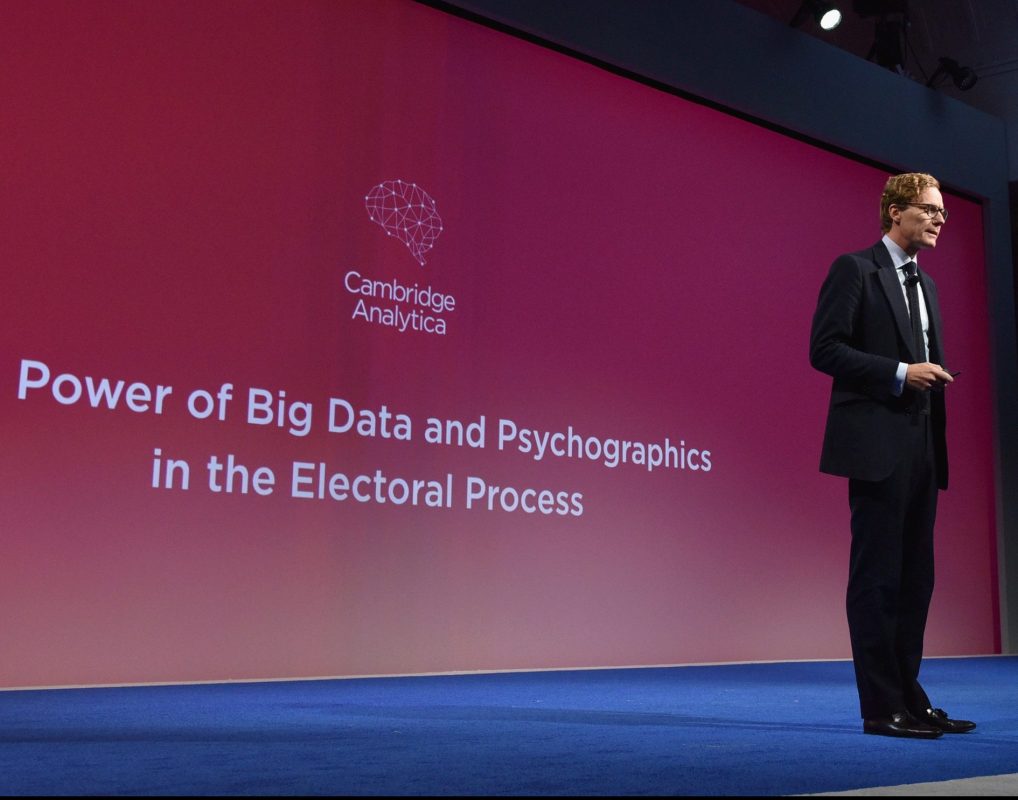A whistleblower is stepping forward to detail his contributions to the “information operations” campaigns using illegally harvested Facebook profile data that may have had huge impacts in both the 2016 U.S. Presidential Elections and in the Brexit campaign.
Meet Christopher Wylie, a pink-haired 28-year-old gay Canadian man, who is the unlikely person at the center of a burgeoning scandal across two continents. As the former research director for Cambridge Analyitica, the Robert Mercer-funded company that is being investigated over ties to the Trump campaign and Russian influencers, he has come forward with documents, emails and a money trail to support his account.
And in an explosive interview with The Guardian, the data analytics to monitor and exploit political ones has given a sobering account of just how it all worked.
“At age 24 (in 2014), while studying for a PhD in fashion trend forecasting, he came up with a plan to harvest the Facebook profiles of millions of people in the US, and to use their private and personal information to create sophisticated psychological and political profiles,” writes The Guardian‘s Carole Cadwalladr. “And then target them with political ads designed to work on their particular psychological makeup.”
“We ‘broke’ Facebook,” Wylie explained.
(Last month, Cambridge Analytica’s CEO, Alexander Nix, denied that the company used improperly obtained Facebook profile data to British MPs on a select committee inquiry into fake news.)
The system helped target political ads to the most vulnerable potential voters, according to Wylie, and the company was willing to sell the technology to just about anyone. He has documents proving a July 2014 pitch about behavioral microtargeting of American voters to Russian oil producer, Lukoil, which is run by Putin associate, Vagit Alekperov.
But perhaps his biggest booster was Steve Bannon, who Wylie says meet with him and expressed interest in the potential of the technology way back in 2013.
“(Bannon) got it immediately. He believes in the whole Andrew Breitbart doctrine that politics is downstream from culture, so to change politics you need to change culture,” Wylie explained to The Guardian. “And fashion trends are a useful proxy for that. Trump is like a pair of Uggs, or Crocs, basically. So how do you get from people thinking ‘Ugh. Totally ugly’ to the moment when everyone is wearing them? That was the inflection point he was looking for.”
Thanks for reading InsideHook. Sign up for our daily newsletter and be in the know.


















